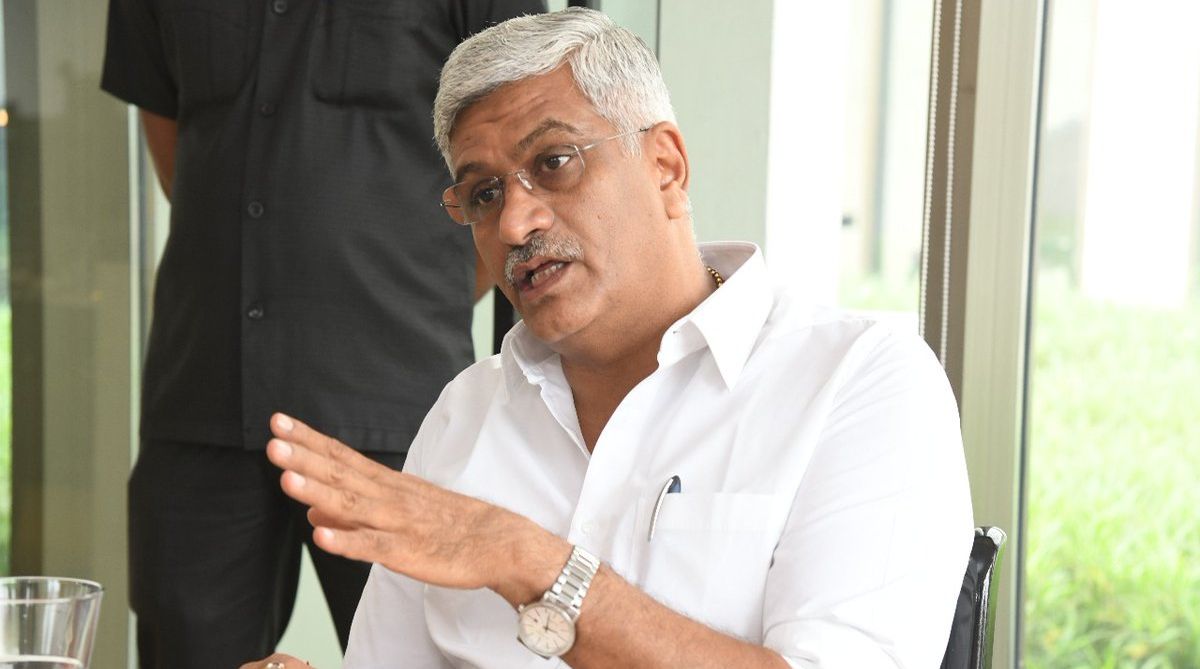The Rajya Sabha on 2 December passed the landmark Dam Safety Bill (2019), paving the way for enactment of the Dam Safety Act in the country. The Union Minister of Jal Shakti Shri Gajendra Singh Shekhawat had introduced the bill in Rajya Sabha on 1st December, 2021. The Dam Safety Bill (2019) was passed by the Lok Sabha on 2ndAugust 2019.
After China and USA, India is the 3rd largest dam-owning nation in the world. There are around 5,700 large dams in the country, of which about 80% are already over 25 years old. Nearly 227 dams that are over 100 years old are still functional. Although India’s track record of dam safety is at par with that of the developed nations, there have been instances of unwarranted dam failures and of poor maintenance issues.
The Dam Safety Bill provides for adequate surveillance, inspection, operation, and maintenance of all the large dams in the country so as to prevent dam failure related disasters. The Bill provides for an institutional mechanism at both Central and State levels to address structural and non-structural measures required for ensuring the safe functioning of dams.
As per the provision of the Bill, a National Committee on Dam Safety (NCDS) will be constituted to help evolve uniform dam safety policies, protocols, and procedures. The Bill also provides for the establishment of a National Dam Safety Authority (NDSA) as a regulatory body for ensuring the nationwide implementation of dam safety policies and standards. At the State level, the Bill prescribes for the constitution of State Committees on Dam Safety (SCDS) and the establishment of the State Dam Safety Organizations (SDSO).
The Dam Safety Bill also addresses in a comprehensive manner, critical concerns related to dam safety on account of emerging climate change related challenges. This Bill provides for regular inspection and hazard classification of dams. It also provides for drawing up of emergency action plans and comprehensive dam safety reviews by an independent panel of experts. There is provision for an emergency flood warning system to address the safety concerns of downstream inhabitants.
Through this Bill the Dam owners are required to provide resources for timely repair and maintenance of the dam structure, along with related machinery.
This Bill looks at Dam Safety holistically and provides for not only structural aspects, but also operational and maintenance efficacy through prescription of strict O & M protocols. This Bill has penal provisions, involving offences and penalties, for ensuring compliance of the provisions.
Farm Laws repealed
President Ram Nath Kovind has given his assent to the Bill that completes the process of repealing the three contentious farm laws. The Law Ministry, on 3 December notified The Farm Laws Repeal Law, 2021, which negates all the farm laws passed by Parliament last year. Both the Lok Sabha and the Rajya Sabha passed the Farm Laws Repeal Bill on 1st December. Earlier on November 19, Prime Minister Narendra Modi, in a address to the nation had announced that the government would repeal the farm laws.
Rajya Sabha passes bills for regulating surrogacy
The Rajya Sabha on 8 December passed two bills- the Assisted Reproductive Technology (Regulation) Bill, 2021 and the Surrogacy (Regulation) Bill, 2020. The Surrogacy (regulation) Bill had earlier been passed by the Lok Sabha, but was referred to a Select Committee by the Rajya Sabha. The Bill will now be sent back to the Lok Sabha for approval. While speaking in the Rajya Sabha, Union Health Minister Mansukh Mandaviya said both the Bills seek to curb unethical practices related to issues of sex selection and exploitation of the surrogate.


